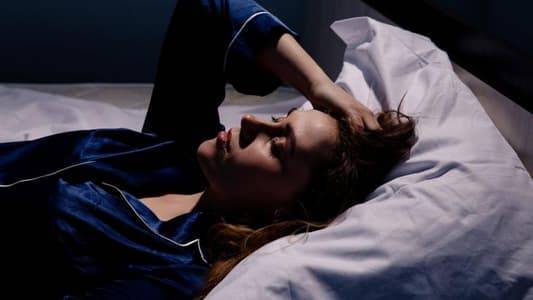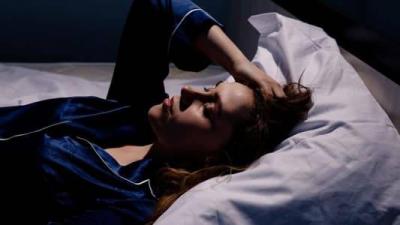Long-distance running or a tough session in the gym can help you sleep better at night, according to scientists. A study involving more than 30,000 middle-aged adults found that those who regularly got their blood pumping through exercise were less likely to need pills to help them sleep. Norwegian researchers examined the medical records of volunteers and prescription data. One expert stated, "These results suggest that physical fitness can also help you sleep better."
The team indicated that doctors should consider advising those who struggle with sleep issues to exercise based on their findings. The study, led by a team from the Norwegian University of Science and Technology in Trondheim, aimed to determine whether physical health affects an individual's likelihood of seeking sleeping pills.
They looked at 34,357 people with an average age of 52. They used data from a national health study that measured resting heart rate, waist circumference, and self-reported levels of physical activity. The researchers linked this data to the Norwegian prescription database, which contains information on all medications dispensed at pharmacies.
The results of the study, published in the Mayo Clinic Proceedings, revealed that 5,800 volunteers sought sleeping medications during the 14-year study. These medications included zolpidem, zopiclone, benzodiazepines, and melatonin—prescribed for sleep issues in the UK and the US.
This means that about 17% of the participants' sleep problems were severe enough to require a doctor's prescription for sleeping pills. However, participants who were in better shape and exercised used fewer of these prescription sleeping medications. Nonetheless, the strength of this result varied among groups. Active men over 65 were the least likely to seek sleeping pills, suggesting they benefited more from exercising.
The results show that the fittest men had a 15% lower risk of needing medications for bothersome sleep problems. However, the rate of sleeping pill use among the fittest women was reduced only by 12%. Study author Linda Ernstsen, an assistant professor of public health and nursing at the university, noted, "We found that individuals in better physical shape had lower risks of taking sleeping pills." She added, "These results suggest that fitness can also help you sleep better."
Since the study followed participants for over a decade, researchers believe the findings should impact the sleep advice doctors give their patients. It's believed that strength training and aerobic exercises, such as running, cycling, or swimming, improve sleep and reduce the need for sleep medications. However, the researchers did not explain why exercise might alleviate sleep problems.
Experts believe the reason may be due to changes in core body temperature. This is because when you exercise, your body temperature rises and then falls once you finish the workout. This drop in temperature mimics the change that occurs when you wind down to fall asleep, potentially tricking your brain into thinking it's time to sleep, according to a study conducted in 1997.
Insomnia often accompanies anxiety and depression, as worrying thoughts and stress can affect your sleep. Consequently, exercise can help combat insomnia by enhancing mental health through the release of endorphins.




